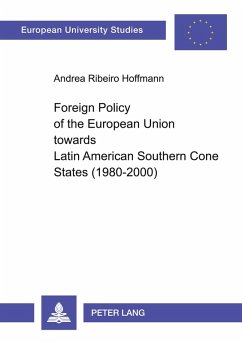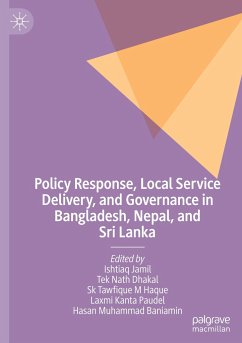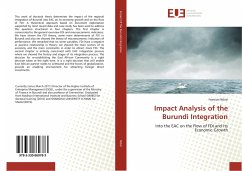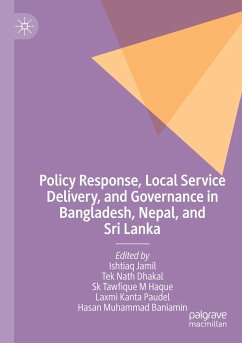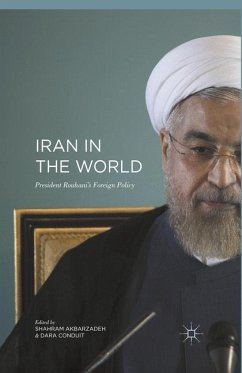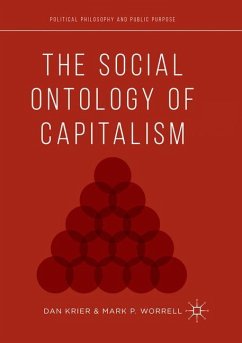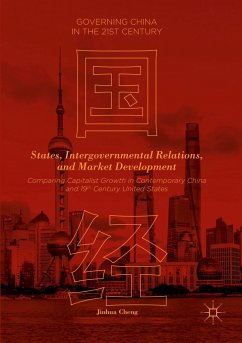
The Politics of Attracting Investment
Authoritarianism, Political Competition, and the International Market for Capital

PAYBACK Punkte
49 °P sammeln!
This book provides a tour through a novel theoretical approach to understanding the political economy of authoritarianism and the international market for capital investment. As the author demonstrates through an extensive series of analysis, success in attracting investment (and ultimately fostering growth) lies with the ability of the state to reduce investors' uncertainty. The author explores the market for FDI in nondemocratic states and finds that those states which feature reduced competition over policy between "economic elites" are more likely to attract investment inflows. However, th...
This book provides a tour through a novel theoretical approach to understanding the political economy of authoritarianism and the international market for capital investment. As the author demonstrates through an extensive series of analysis, success in attracting investment (and ultimately fostering growth) lies with the ability of the state to reduce investors' uncertainty. The author explores the market for FDI in nondemocratic states and finds that those states which feature reduced competition over policy between "economic elites" are more likely to attract investment inflows. However, these inflows are the result of incentives provided as private benefits for incumbent elites, and tend to result in concentrated inflows. In Part II, this is contrasted with the way democratic states attract investment through institutional protections and public benefits. In this way, the author uncovers that authoritarian and democratic states achieve investor confidence through "alternate paths to predictability", one based on eliminating opposition through political consolidation and the other based on impartial rules and legal protections designed to constrain the excesses of political competition. The theory's central premise, that the concentration of economic influence with fewer "economic elites" is corrosive to political competition and institutional quality, carries huge significance for the study of both authoritarian and democratic governance quality.




